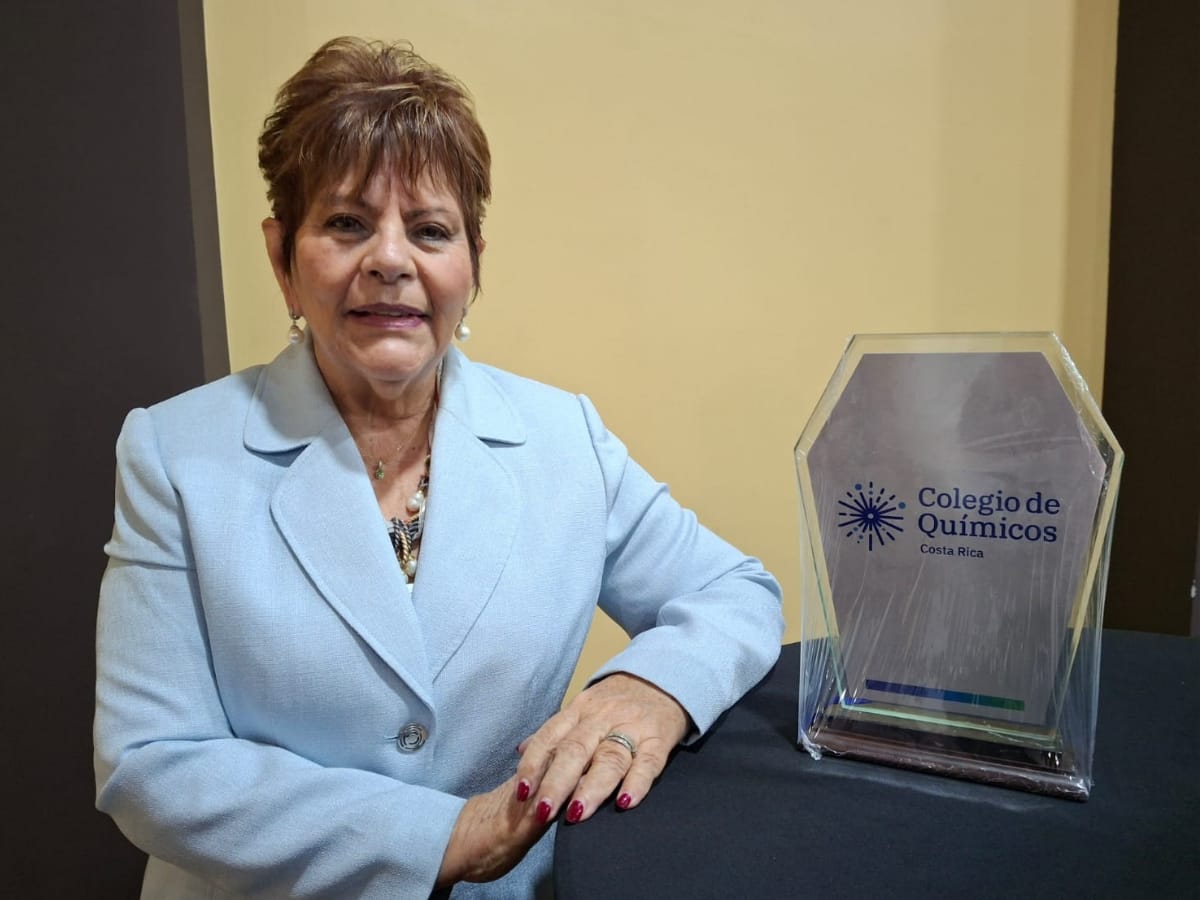Nicaragua’s President, Daniel Ortega, submitted a constitutional reform to Congress on Wednesday to consolidate total control over all branches of power alongside his wife, Vice President Rosario Murillo, who would be granted the title of “co-president.” The proposal, which extends the presidential term from five to six years, will be voted on in the National Assembly—controlled by the ruling Sandinista National Liberation Front (FSLN, leftist)—in the coming days. “Work is underway for its prompt approval,” according to pro-government media.
Ortega, a 79-year-old former guerrilla leader who governed Nicaragua in the 1980s and returned to power in 2007, has ruled alongside his wife ever since. Both have been accused by the United States, the European Union, and some Latin American countries of establishing an autocracy in Nicaragua.
The reform formalizes Murillo’s power by elevating her status: “The presidency of the Republic consists of a co-president and a co-president,” elected every six years, rather than five as currently stipulated, according to the proposal. The co-presidents would oversee “the legislative, judicial, electoral, regulatory, and fiscal bodies, as well as regional and municipal entities,” which the current Constitution recognizes as independent.
“This reform consolidates what we have achieved in this revolutionary process for all Nicaraguans,” said Gustavo Porras, president of the National Assembly, as lawmakers prepared to review the proposal in a special commission. However, it has been met with sharp criticism. “It is nothing more than an aberrant institutionalization of a marital dictatorship and a definitive assault on the democratic rule of law,” responded Luis Almagro, Secretary General of the Organization of American States (OAS).
Social Control and Opposition Reactions
Exiled organizations have condemned the initiative. “It destroys basic rights, legitimizes state violence, and concentrates all power in Ortega and Murillo. It’s a direct blow to democracy and freedoms,” said the Nicaraguan University Alliance (AUN) in a statement.
The reform stipulates that “traitors to the homeland lose their Nicaraguan nationality,” a practice the government has already applied to approximately 450 politicians, businesspeople, journalists, intellectuals, and religious figures expelled from Nicaragua and stripped of their citizenship following protests in 2018.
Ortega and Murillo accuse the Church, journalists, and NGOs of supporting those protests, which resulted in 300 civilian deaths, according to the UN. The government claims the protests were an attempted coup backed by Washington. The reform also proposes controls on media and the Church to ensure they do not serve “foreign interests.”
A parallel law threatens fines and suspension of operations for those who implement foreign sanctions. “The state will ensure that social media outlets are not subject to foreign interests or disseminate false news,” the proposal emphasized. It also states, “Under the guise of religion, no person or organization may engage in activities that disrupt public order.”
Exile and New Measures
A total of 278 journalists have gone into exile, working from Costa Rica and the United States, while around 50 religious figures have been sent abroad, primarily to the Vatican. The reform includes the creation of a “Volunteer Police Force,” composed of civilians, to serve as an “auxiliary and support body” to official security forces.
During the massive protests of 2018, heavily armed masked men dismantled barricades set up by university students and suppressed demonstrators. Thousands fled into exile. The proposal also defines Nicaragua as a “revolutionary state” and includes the black-and-red flag of the FSLN—a former guerrilla group that led the 1979 uprising against dictator Anastasio Somoza—as a national symbol.
Source link
AFP



